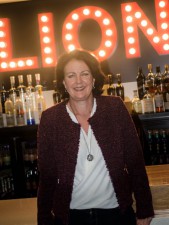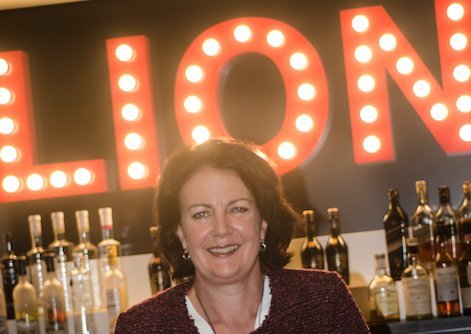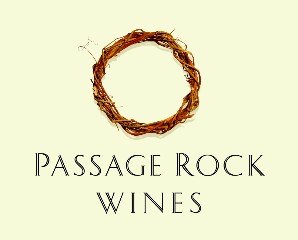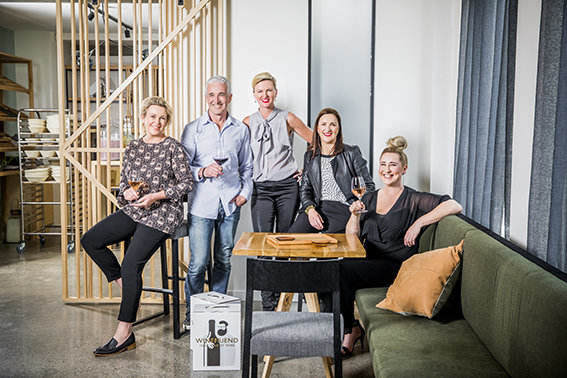
Neil Miller recently interviewed Sara Tucker, a new addition to Lion’s senior management team.
Thanks for agreeing to this interview. What is your current role and job title?
I’m the External Relations Director for Lion. That encompasses government relations, corporate affairs and all the external stakeholder relationships.
How long have you been working at Lion?
Not long – about eight weeks.
What was your career background?
I worked at Hospitality New Zealand for 12 years. I was Deputy Chief Executive and held regional manager roles in Auckland and Wellington. Back in the 1990s I worked for the Loaded Hog group, starting when I was still studying and ending up as national Operations Manager in the late 1990s. The Hog was one of the first microbreweries in New Zealand, so I’ve been around beer for a long time.
How would you describe Lion’s beer making philosophy?
I’m still getting to know Lion from the inside but we are known for our focus on consistency and quality. It is a consumer led company – we make what the drinkers want to drink.
What is Lion’s signature beer?
Interesting question and different people will have different answers. There are classic brands such as Steinlager, which is certainly our best known brand internationally. You can also go to Speight’s and Mac’s which are catering to different tastes.
What are the best elements of being in the beer business?
The real passion of people for their products and their craft. They are giving consumers the absolute best while promoting sociability and good times. Beer people are great people. I also love walking through the brewery and smelling beer brewing – it’s a beautiful aroma.
What are the worst elements of the beer business?
Really you’d have to say the current regulatory environment, which is challenging. They are trying to put conditions on off-licences about prices and limit products that can be sold. It is regulation by stealth and it’s over-stepping the mark.
What makes hops from New Zealand different?
I cannot pretend to be a hop expert. I am learning that Kiwi hop varietals are high quality, in demand overseas and have a reputation for being fresh, fruity and aromatic, compared to the more traditional European styles.
Where do you see the beer industry heading in the next five years?
Beer in New Zealand is in an exciting phase. We will continue to see more innovation and major growth in the mid strength area with consumers increasingly concerned with moderation and well-being. The runaway success of our Speight’s Mid Ale at 2.5% is a good illustration of this emerging trend. I would also like to see more women enjoying beer in the future.
What role do supermarkets and stores play in your business and for beer in general?
Off-premise coverage is important for us. It’s about choice, visibility and availability for consumers. Having said that, on-premise is where a consumer gets the full experience, including the chance to have their beer presented and served with pride.
Name some of your favourite drinks made by other people?
I’m very busy getting to know all of our range better. My fridge is currently housing Emerson’s Pilsner, our Mac’s Cider range, Crafty Beggars Pale Ale, Little Creatures Pale Ale and the Hopt non-alcoholic sodas. My biggest discovery in recent times is the Hopt Salted Lychee Soda.
I’m generally more of a wine drinker and recently, while visiting our gorgeous Wither Hills winery in Marlborough, I also went to Te Whare Ra and tried the Toru and the Dry Riesling. Both are fantastic.
Where do you see yourself personally in five years’ time?
One of the great things about this company is the number of people who have had such great careers for many years with us. This often involves changing departments so you might find people in marketing who started in finance or people in HR who started in sales. The passion and commitment for what we do is obvious.
So in five years I might be found training to be a winemaker in Blenheim! Perhaps by then we will have achieved such a sensible and stable regulatory environment that we will no longer need to be knocking on doors in Wellington. I suspect I will never stray far from working for this industry because I just love it and I believe in what we do.



